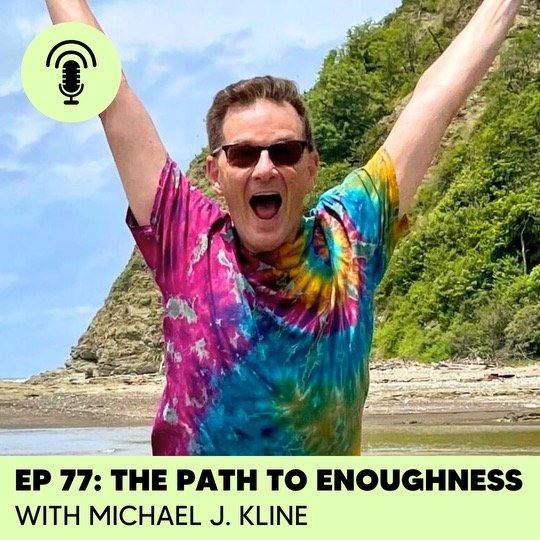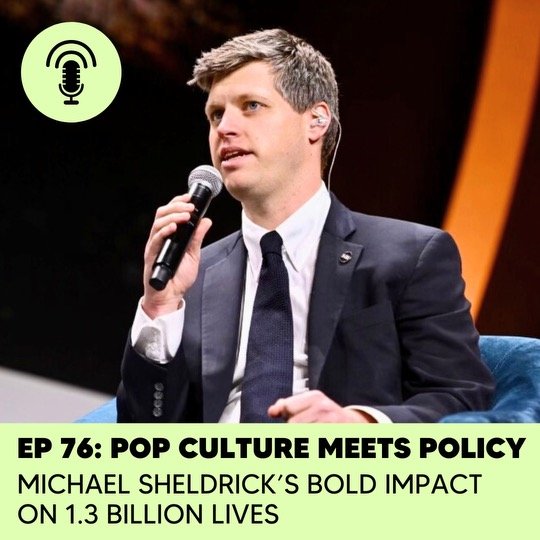#49 | Echoes of Rebellion: Steve Babson Explores American Populism
Steve Babson, a retired labor instructor and author, brings a wealth of knowledge and experience to the subject of populism. With a lifetime career in labor education coupled with a PhD in history, Steve holds an expert understanding of the intricate dynamics of social and political movements. In his latest book, "Populism: When America's Farmers Turned Left to Save Democracy," Babson delves into the late 1800s, a crucial period in American history that saw the emergence of the populist movement.
Babson’s career in adult education has taken him off-campus, too, teaching in various settings such as union halls, factories, and even unconventional locations like bowling alleys. His work at Wayne State University's Labor Studies Center demonstrates his commitment to supporting the labor movement and workers, whether unionized or not. This unique perspective allows Babson to draw parallels between historical movements and current political and social landscapes.
"Populism is a term applied to a whole range of politicians who, in my estimate, have very little in common." - Steve Babson
In this interview with Deborah Rohan, Babson discusses the historical context of populism, its transformation over time, and its current interpretations. The conversation touches upon issues like climate change and political discourse, especially relevant as the 2024 election approaches.
Babson's insights offer a deeper understanding of how historical populist movements, particularly those led by America's farmers in the 1890’s, shaped the modern political and social climate. His discussion is timely and pertinent, underscoring the importance of historical context in understanding contemporary political and environmental challenges.
In this episode, we discuss:
The birth of America’s populism in the 1890’s.
How the emergence of a third political party helped women’s right to vote.
The changing meaning of populism throughout history.
Babson’s views on public resources and why he thinks they should be run for public benefit.
How so called Robber Barons of early America are alive and well in today’s world.
The growing and gaping wealth divide and the dangers it carries.
The critical importance of public investment in transportation and climate change.
The disconnect between profit and concern for the earth and humankind.
The lure of a third political party in the United States.




